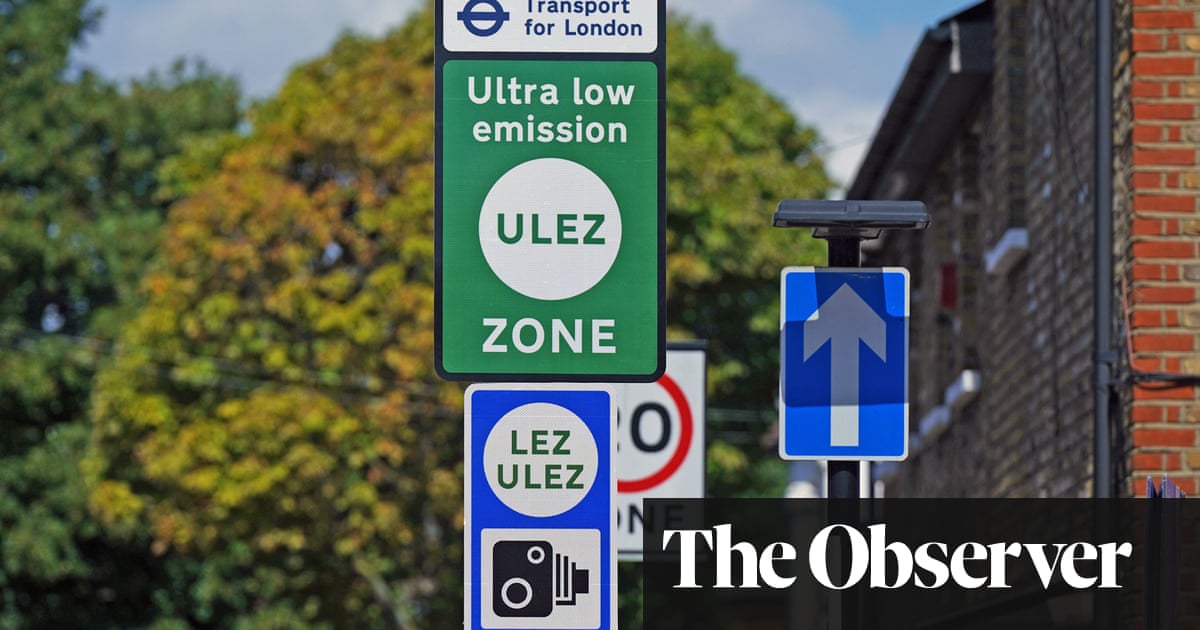
Boris Johnson’s new energy strategy could take up to five years to start shaving money off people’s bills, the business secretary has admitted, as the prime minister announced a drastic expansion of nuclear reactors.
Kwasi Kwarteng said the plan for cutting reliance on imported energy in the wake of spiralling prices caused in part by Russia’s invasion of Ukraine was more of a medium-term way to ramp up homegrown energy production.
Johnson declared that the long-delayed energy security strategy meant “nuclear is coming home” – but the review declined to set targets for onshore wind and committed to continuing the exploitation of North Sea oil and gas.
Days after 22 million people were hit by the energy price cap rising by 54%, Kwarteng suggested it would be years until the benefits of the strategy would be felt by consumers.
“The strategy is more of a medium-term three, four, five-year answer,” the business secretary told Sky News.
“I think it’s really important that we get an energy strategy that means we can have more security and independence in the years ahead.
“We want to have security of supply, we want to live in a world where we’re not dependent on what Russian policy is, but we have more control over energy sources here in Britain.”
The cost of offshore wind had decreased enormously in the past 10 years, Kwarteng said, adding: “Some of these benefits can happen quite quickly. But we need to start the planning process and the strategy now. And that’s what this security strategy is all about.”
The chancellor, Rishi Sunak, attempted to intervene in the cost of living crisis at the end of March, but was accused of not doing enough to help struggling households expected to face the biggest fall in living standards since modern records began in the 1950s.
At the heart of this week’s energy strategy was nuclear, and a commitment by the government to more than triple the amount of nuclear energy generated so that 25% of all Britain’s electricity comes from atomic energy.
In a social media video to promote the strategy, Johnson said: “In the country that was the first to split the atom, the first truly to harness its power to light our homes and drive our factories, we will once again lead the way.
“Nuclear is coming home. So instead of a new reactor every decade we will have a new reactor every year.
“For years, governments have dodged the big decisions on energy, but not this one. We’ve got the ambition, we’ve got the plan and we are going to bring clean, affordable secure power to the people for generations to come.”
Labour accused Johnson and Kwarteng of being “too weak” to follow through on their previously planned hopes to drastically increase the amount of onshore wind production because of hostility from Tory backbenchers.
Ed Miliband, the shadow business secretary, said a significant majority of people supported onshore wind.
Pat McFadden, the shadow Treasury chief secretary, also said Kwarteng’s comments about the time it would take for the energy strategy to start to bring down energy bills showed the government had “no plan to immediately address their cost of living crisis”.
He reiterated Labour’s call for a one-off windfall tax on “the booming profits of oil and gas giants – which would reduce household bills by up to £600”.












